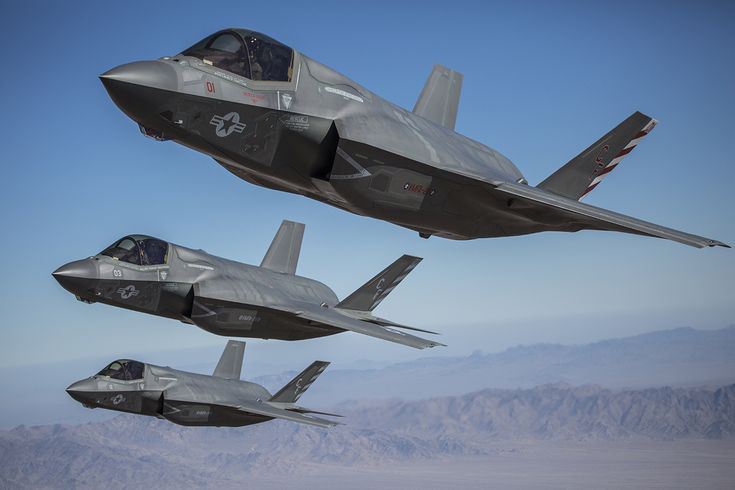The Threat of Nuclear Weapons: How They Could End Human Civilization

Nuclear weapons have the potential to end human civilization as we know it. This is not a new idea; it has been a concern since the first nuclear bombs were dropped on Japan in 1945. However, as more countries acquire nuclear weapons and tensions between nations remain high, this threat is becoming more real than ever before. First, it's important to understand just how powerful nuclear weapons are. A single nuclear bomb can release an incredible amount of energy, equivalent to tens of thousands of tons of TNT. This energy can create a massive blast wave that can level entire cities, and the resulting radiation can cause long-term health problems and even death. When multiple nuclear bombs are used, the devastation is even greater. The potential for nuclear war is not limited to just the United States and Russia, the two countries with the largest nuclear arsenals. Nine countries now possess nuclear weapons, and several others are actively pursuing them. As more nations...



